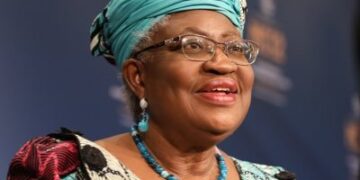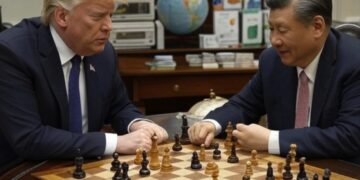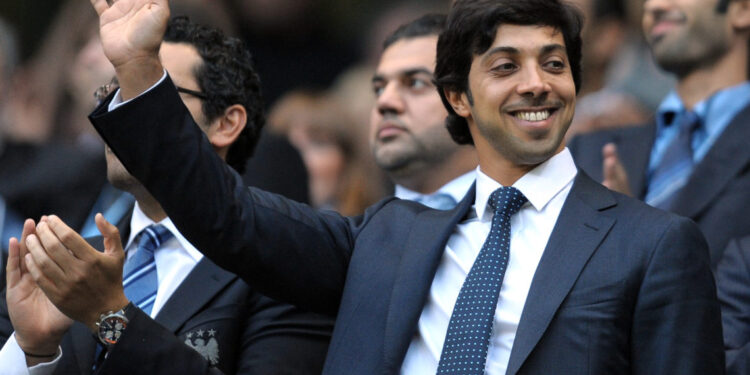Manchester City’s unrivaled success—six Premier League titles in seven years, a Champions League, and a historic Treble—has come under a shadow of suspicion, not for their performance but for their ownership. A recent post by @City_Chief on the social media platform X highlights a glaring double standard in football’s narrative: while Arab owners are vilified as “sportswashers” and “financial dopers,” Western billionaires’ financial missteps are often shrugged off as mere business blunders.
The accusations against City, from alleged Financial Fair Play (FFP) violations to secret sponsorship deals, stem from leaked documents and have fueled a media frenzy. UEFA’s two-year ban in 2020 was overturned by the Court of Arbitration for Sport (CAS), with most claims deemed unproven or time-barred, yet the “City cheats” narrative persists. Over 100 Premier League charges remain unresolved, but the legal reality—City’s victories in arbitration and CAS—rarely makes headlines.
Contrast this with Western-owned clubs. Manchester United’s Glazer family has burdened the club with nearly £1bn in debt, siphoning dividends while Old Trafford crumbles. Tottenham’s Joe Lewis pleaded guilty to insider trading in 2024, yet the story vanished quickly. Arsenal’s £650m spending spree is lauded as “ambition,” Chelsea’s £1bn transfer splurge as “bold,” and Liverpool’s record-breaking £463m outlay as “clever.” City, with a modest £327m net spend over five years, faces accusations of “distorting competition” despite outperforming their rivals.
The disparity is stark. Western owners are framed as misguided capitalists; Arab owners, like City’s Sheikh Mansour, are cast as political threats. Media language drips with bias—terms like “grubby” and “obfuscation” target City, while the Glazers or Fenway Sports Group’s Super League plot are softly criticized as “controversial” or “misguided.” This isn’t just about football—it’s about race, power, and who gets to dominate.
Beyond the pitch, City’s impact is undeniable: £1bn invested in 6,000 Manchester homes and community programs reaching 16,000 people in 2024. Yet these achievements are overshadowed by a narrative that seems less about ethics and more about preserving an old, Western-centric order. As the post on the social media platform X argues, the real threat to football may not be City’s success but the selective outrage that excuses one set of billionaires while condemning another.









































